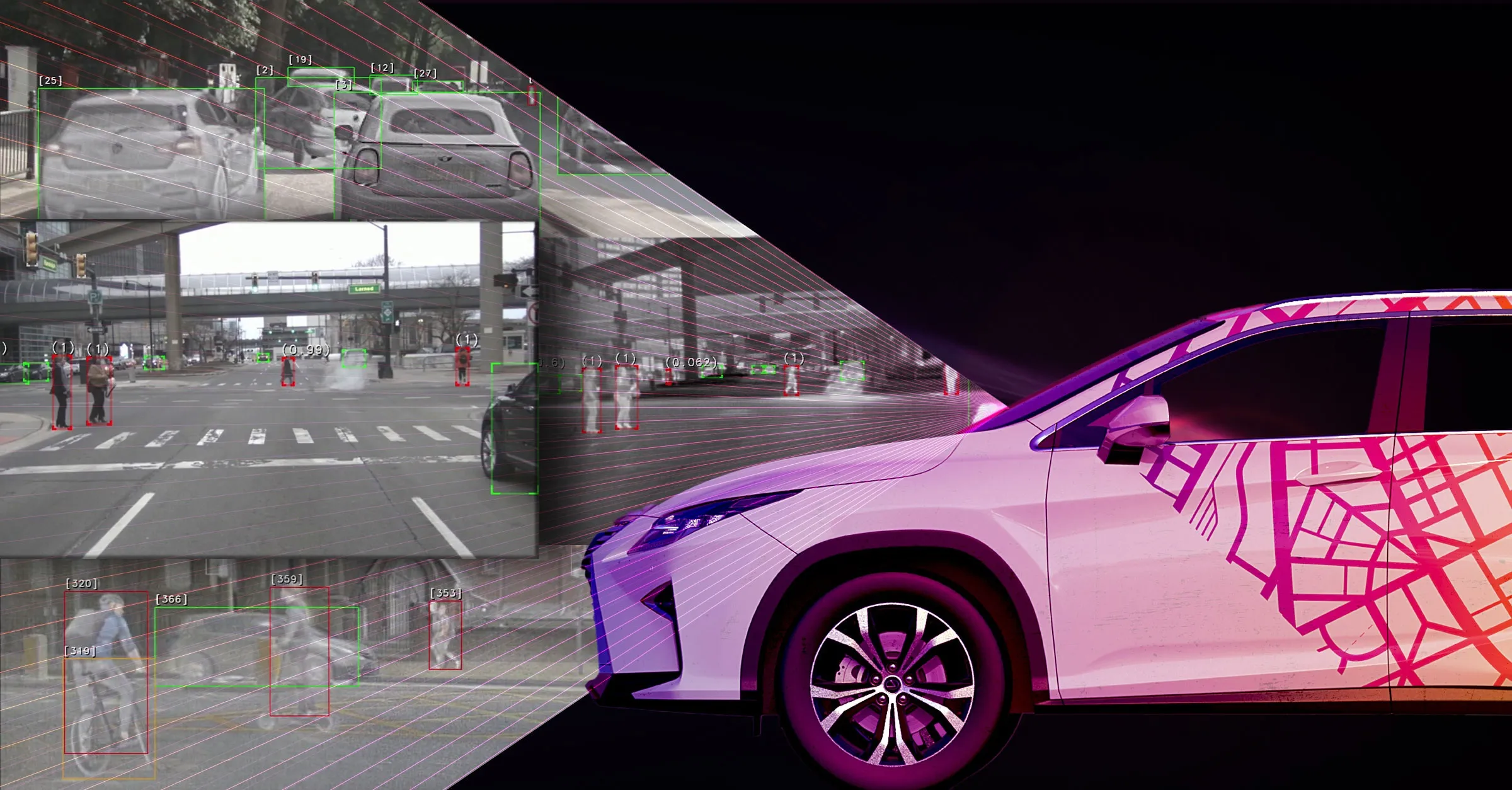
Four more companies have joined the Lidar Coalition, which was formed in April last year to advocate for policies promoting Lidar’s role in enhancing safety on US roads and infrastructure.
Aeluma, Baraja, Ibeo Automotive Systems, and Valeo have joined founders AEye, Cepton, Continental, Innoviz, Ouster, Quanergy Systems and Velodyne.
“Lidar-based vehicle technology has the potential to prevent pedestrian deaths and vehicle accidents, particularly in low-light and low-visibility environments,” said Ariel Wolf, chair of the autonomous and connected mobility practice group at Venable, which serves as counsel to the Coalition.
“The expansion of the Lidar Coalition will strengthen our ability to educate policymakers who are pursuing innovative solutions to our nation’s transportation challenges.”
Aeluma is the Coalition’s first member focused on developing and manufacturing semiconductor components for Lidar applications.
Its CEO and founder Jonathan Klamkin said: "By supporting the Coalition’s goals and activities, we believe Lidar-enabled solutions for autonomous vehicles and safety-critical applications will result in reduced accidents and fatalities in and around America’s roadways.”
“The devastating number of accidents on our roads warrants collaborative action from all those working on autonomous vehicle solutions,” said Federico Collarte, founder & CEO of Baraja.
“We believe that Lidar is a fundamental part of the solution to improve vehicle safety and prevent such tragedies."
Paula Jones, president of Ibeo Automotive USA, added: "A future without road accidents is part of our mission, and we believe that Lidars are key to that future. We are looking forward to participating in the Coalition to better accelerate the overall adoption of this category of sensors."
Valeo said it is the only company to produce an automotive Lidar scanner "on an industrial scale".
“The development of Lidar is at the heart of road safety issues,” said Marc Vrecko, president of Valeo’s Comfort & Driving Assistance Systems Business Group.
“New features, such as automatic emergency braking, will become essential, driven by regulations or recommendations. Lidar is the key component that provides unparalleled high-precision environment perception. With it, safety takes a major step forward."
Safety is a major problem on US roads: the National Highway Traffic Safety Administration estimated that 42,915 people died in 2021, the highest number of fatalities since 2005 and the highest annual percentage increase in the recorded history of data in the Fatality Analysis Reporting System.
Pedestrian fatalities also increased by 13% compared with 2020 - outpacing the 10.5% increase in overall fatalities.
Moreover, 75% of pedestrian deaths happen in low-light conditions, such as dusk and nightfall, that could be addressed using Lidar technology.







